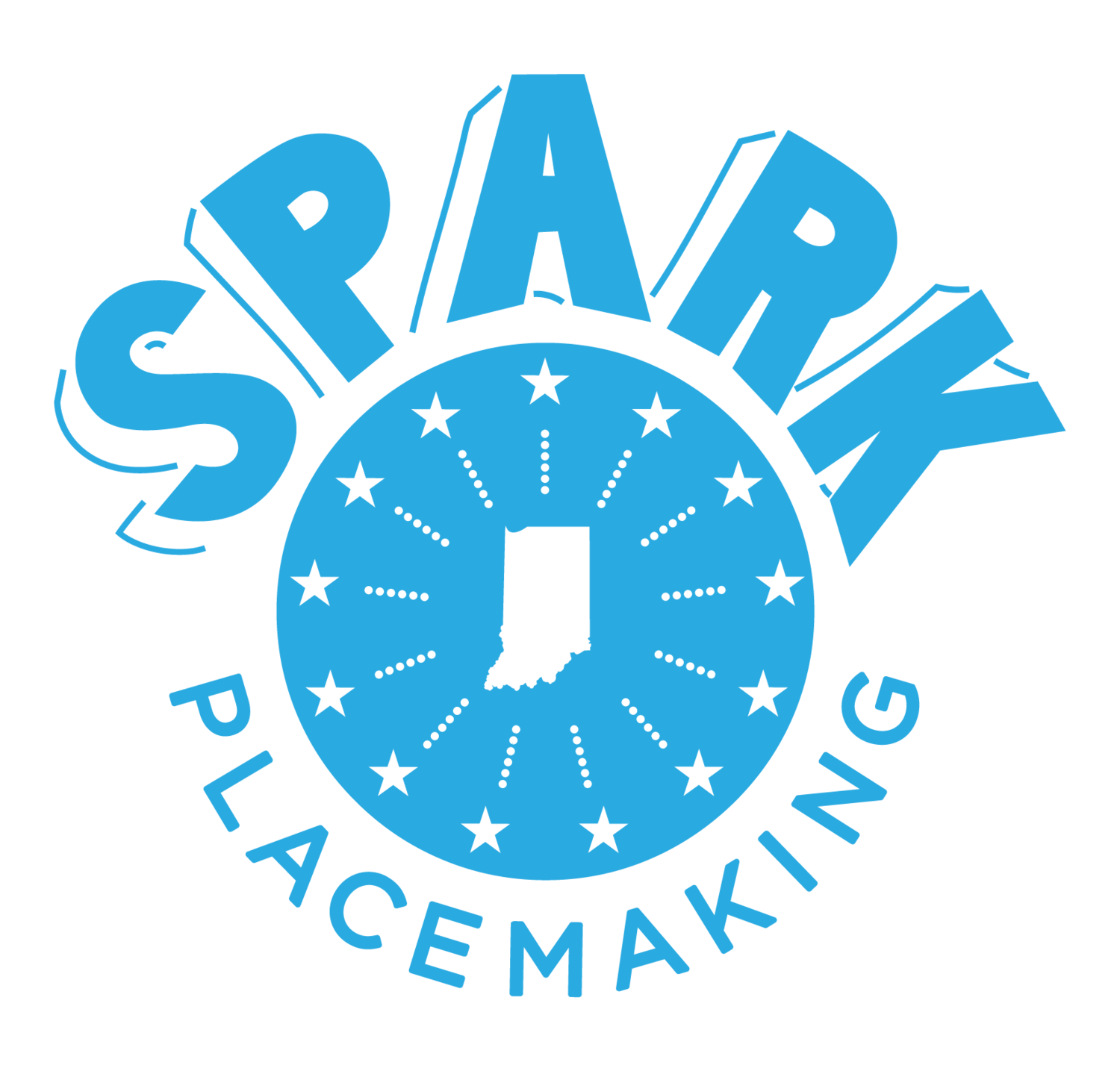A brief history of Jewish Community Centers in the U.S.
Back in the 1870s (that’s almost 150 years ago!), before their evolution into the Jewish Community Center Association (JCCA), the Young Men's Hebrew Association (YMHA) and the Young Women's Hebrew Association (YWHA) were established. At that time, Jewish immigrants, predominantly from Germany and Eastern Europe, were arriving in the United States seeking a better life in lieu of persecution and lack of opportunity. The YMHA and YWHA organizations aimed to help these immigrants find work, housing, and each other – community – in their new home.
Since biblical times, the story of the Jewish people escaping persecution has been a common one. However, Jewish migration from Europe to America in the mid- to late-1800s had a new purpose, beyond seeking a safe haven. Many Jewish communities, specifically in Germany, wanted to embrace modern life while remaining dedicated their culture and traditions; achieving this reform was proving difficult among the more stringent streams of Judaism found in Europe. These communities believed they could create this new environment in America, where Jews, both Sephardic and Ashkenazi, had already begun to treat their synagogues as places of community gathering and cultural sharing, rather than as their traditional roles of religious authority. For many reasons, and like many other immigrant groups, European Jews were drawn to the freedom that America could provide.
It’s no coincidence that the YMHA sprouted around the same time as the YMCA, near the end of the Industrial Revolution. The YMCA was founded in the mid-1800s in London, England, and arrived soon after in America, offering refuge from deteriorating social and health conditions to men who had flocked to industrial cities since the late 1700s to find work. The YMHA and YWHA provided similar support to Jewish immigrants, as their lives changed drastically with their moves to American industrial cities.
The YMCA and YMHA knew 150 years ago that community was the key to survival, and to a life full of meaning and joy, especially in the face of changing times. Community centers have always remained a place of coming together, from the Industrial through the Technological Revolutions, from times of the assembly-line to times of the screen. Today, centers like the JCC continue to break down barriers of race, religion, or background, to build social integration and connection, and to support wellness of body, mind, and spirit.
